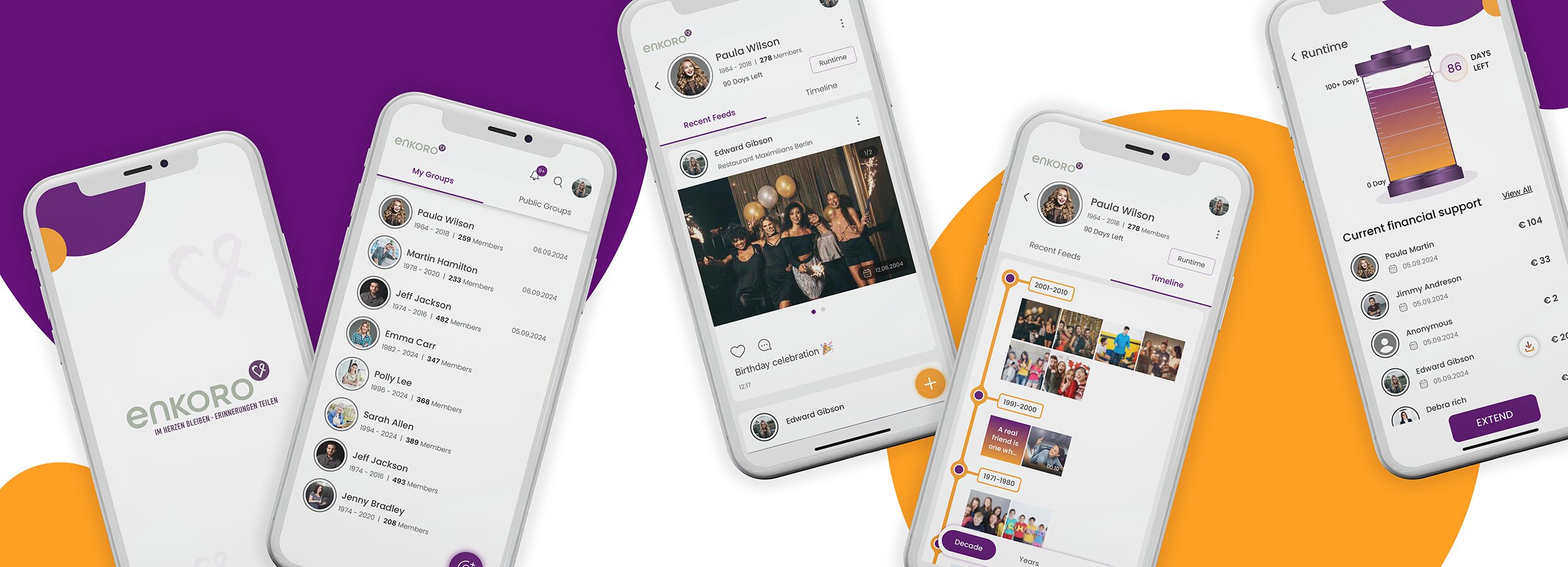Embracing Joy While Healing: Grief and Happiness Coexist
Finding joy amidst the grieving process can be a source of healing and strength, but it’s not uncommon to feel conflicted about moments of happiness after a loss. Grief and joy often coexist in ways that feel surprising or even uncomfortable, leaving some to wonder if it’s “too soon” or inappropriate to laugh, celebrate, or enjoy life again. However, allowing yourself to experience joy doesn’t diminish the love you have for the person you’ve lost—it honours the full spectrum of your humanity and resilience.
The Role of Joy in Healing
Grief is not a static emotion. It ebbs and flows, and along the way, moments of joy naturally emerge. A heartfelt memory, a kind gesture from a friend, or even an unexpected joke can spark a smile or laughter. These moments act as lifelines, giving you a reprieve from the weight of sadness and reminding you that life – even in its darkest times – holds room for light. Joy doesn’t erase grief. It weaves into it, helping you navigate loss without being consumed by it.
Dispelling the Shame Around Joy
Many people feel guilty about enjoying life after a loss, as though having fun signals they’ve “moved on” or forgotten their loved one. This guilt is a reflection of the depth of your love and connection, but it’s important to remember that mourning isn’t a binary state. You can hold grief in one hand and happiness in the other. Experiencing joy isn’t a betrayal, it’s a testament to the enduring impact of your loved one, who would likely want you to find moments of peace and contentment.
Embracing Joy Without Judgement
It’s natural to feel a mix of emotions when joy surfaces. Instead of pushing it away, acknowledge the conflict and remind yourself that happiness doesn’t negate your grief. Allow yourself to engage in simple pleasures like a walk in the park, a favourite hobby, or time with loved ones. These small acts of joy can help rebuild your sense of normalcy. Sometimes joy feels more accessible when it’s tied to remembering your loved one. Celebrate their favourite traditions, watch a movie they loved, or cook a meal that reminds you of them.
The Gift of Joy
Finding joy during grief can inspire you to reconnect with the parts of life that still bring meaning and comfort. It also gives you strength to face your emotions more fully, allowing grief to move through you rather than define you. Moments of happiness can be an anchor, showing that love and loss don’t have to be at odds. They can coexist in a way that honours your heart’s capacity to hold both.
By letting yourself embrace joy, you’re not letting go of your loved one You are embracing life in their memory. You are choosing to live in a way that reflects the complexity of your experience and honours the depth of your love.

 A bereavement often hits us unexpectedly and can put us into an emotional state of shock. The first steps after a bereavement are crucial to processing the pain and embarking on the path of grief management. Often, practical measures such as organizing a funeral or notifying relatives are the first actions that need to be taken.
A bereavement often hits us unexpectedly and can put us into an emotional state of shock. The first steps after a bereavement are crucial to processing the pain and embarking on the path of grief management. Often, practical measures such as organizing a funeral or notifying relatives are the first actions that need to be taken.
